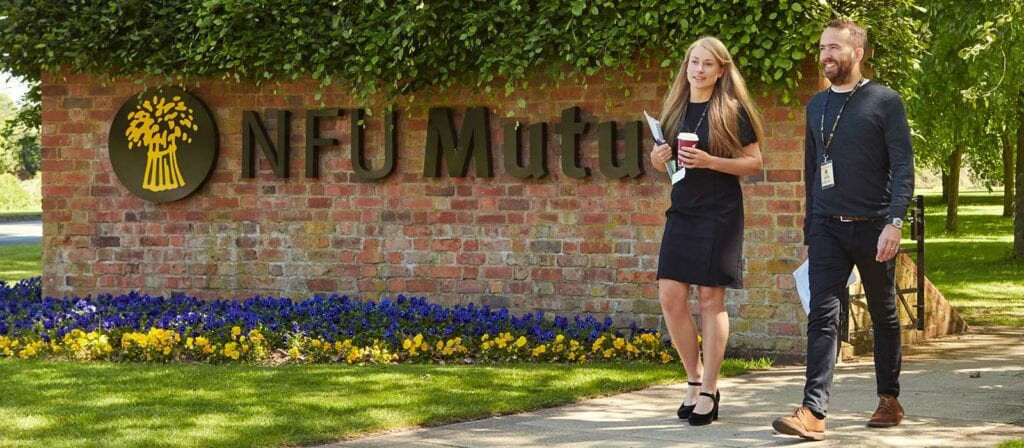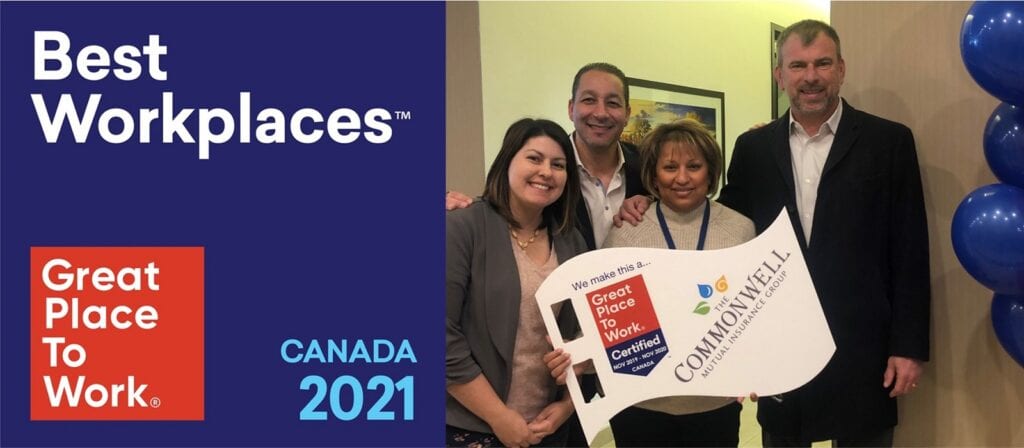Like many organisations, The Commonwell was compelled to shift to a remote-first model during the COVID-19 pandemic. However, rather than seeing this change as temporary, the organisation recognised the potential benefits of offering employees the flexibility of remote work. It quickly became clear that in order to thrive, The Commonwell needed to intentionally cultivate a workplace culture that would keep employees connected, motivated, and aligned with its mission, despite the lack of a shared physical office space.
Transitioning to a remote-first environment presented several challenges. The Commonwell had to ensure that its core values were upheld, even when employees were dispersed. The lack of face-to-face interaction raised concerns about how to foster collaboration, build relationships, and maintain engagement. Additionally, the organisation needed to find ways to ensure that employees felt supported and valued in their remote work environments, while also addressing any feelings of isolation.
Approach to fostering culture
To address these challenges, The Commonwell implemented several strategies aimed at fostering a strong, cohesive workplace culture in a remote setting.
- Deliberate communication and transparency
In a remote-first environment, effective communication is essential. The Commonwell prioritised transparency and openness in all its communications. The leadership team established regular touchpoints through virtual town halls and company-wide updates, ensuring that all employees were kept informed about important decisions, changes, and developments. This helped to build trust and ensure that employees felt connected to the broader goals of the organisation. - Focus on well-being
The Commonwell placed a significant emphasis on the well-being of its employees, recognising that working remotely can blur the boundaries between personal and professional life. It introduced various wellness initiatives, such as virtual fitness challenges and mental health support programmes, to promote work-life balance and ensure that employees remained physically and mentally healthy. The organisation also encouraged employees to take regular breaks and offered flexible working hours to accommodate individual needs. - Virtual team building and social engagement
Building strong relationships among employees was a priority for The Commonwell. To promote social engagement, the organisation created virtual spaces where employees could interact informally, similar to the spontaneous conversations that might happen in an office setting. These included virtual coffee breaks, trivia competitions, and themed events where employees could connect on a personal level. These initiatives were designed to cultivate a sense of belonging and camaraderie, despite the physical distance. - Recognition and inclusivity
The Commonwell understood that recognising employees for their hard work and contributions was vital to maintaining morale in a remote-first environment. The organisation implemented digital recognition platforms where peers could acknowledge and celebrate each other’s achievements. This helped to create an inclusive culture where employees felt appreciated and motivated to contribute their best work. Additionally, inclusivity was emphasised in all initiatives, ensuring that everyone, regardless of their role or location, had access to the same opportunities for recognition and engagement. - Investing in technology and collaboration tools
To ensure seamless collaboration, The Commonwell invested in technology and tools that facilitated efficient communication and project management. Platforms such as Microsoft Teams and Zoom were used extensively for meetings, brainstorming sessions, and cross-functional collaborations. The organisation also provided training to employees to ensure that they were comfortable using these tools and maximising their potential.
Recruitment and onboarding in a remote-first environment
Recruiting new talent in a remote-first environment required a shift in approach, but The Commonwell saw this as an opportunity to widen its talent pool by attracting individuals from diverse geographic locations. The recruitment process was adapted to include virtual interviews and assessments, allowing candidates to experience the company’s remote culture from the very start.
Once hired, onboarding became a crucial touchpoint to ensure new employees felt welcomed and integrated into the company. The Commonwell designed a comprehensive virtual onboarding programme that included virtual meet-and-greets with team members, detailed introductions to company values, and training sessions on the tools used for collaboration. The goal was to help new employees feel part of the team quickly and to ensure they had the support needed to thrive in a remote-first setting.
New hires were also paired with mentors or “onboarding buddies,” who provided guidance and answered questions during their first few weeks, ensuring a smooth transition into the company’s culture and processes.
Employee development and continuous learning
Despite being remote-first, The Commonwell remained committed to employee development and continuous learning. The organisation offered numerous opportunities for employees to grow their skills and advance their careers. Virtual training sessions, workshops, and seminars were regularly organised, covering both technical skills and soft skills such as leadership, communication, and emotional intelligence.
Employees were encouraged to take ownership of their development, with access to online learning platforms and resources that allowed them to learn at their own pace. The Commonwell also facilitated regular feedback and career development discussions between employees and their managers, ensuring that career paths were clearly defined, and employees were provided with the support and resources they needed to reach their professional goals.
Outcomes
The strategies adopted by The Commonwell to foster workplace culture in a remote-first environment have been highly successful. The organisation has seen high levels of employee engagement, with staff reporting a strong sense of connection to their colleagues and to the company’s mission. Collaboration across teams has remained strong, and productivity has been maintained, demonstrating that a remote-first model, when managed with intention and care, can be effective.
The organisation’s recruitment efforts have also expanded its access to a broader talent pool, leading to a more diverse workforce. Meanwhile, the virtual onboarding process has enabled new hires to quickly integrate into the company’s culture, ensuring a smooth transition from recruitment to active contribution.
Additionally, the emphasis on employee development has helped to create a culture of continuous learning and growth, where employees feel supported in their career aspirations. The Commonwell has successfully built a culture where trust, transparency, and engagement thrive, despite the challenges posed by remote work.
The Commonwell’s approach to fostering workplace culture in a remote-first environment offers valuable lessons for organisations navigating similar transitions. By prioritising communication, well-being, social engagement, recognition, technology, recruitment, onboarding, and employee development, The Commonwell has managed to maintain a cohesive, productive, and supportive workplace culture. This case study illustrates how intentional strategies can transform the potential drawbacks of remote work into opportunities for growth and connection.





